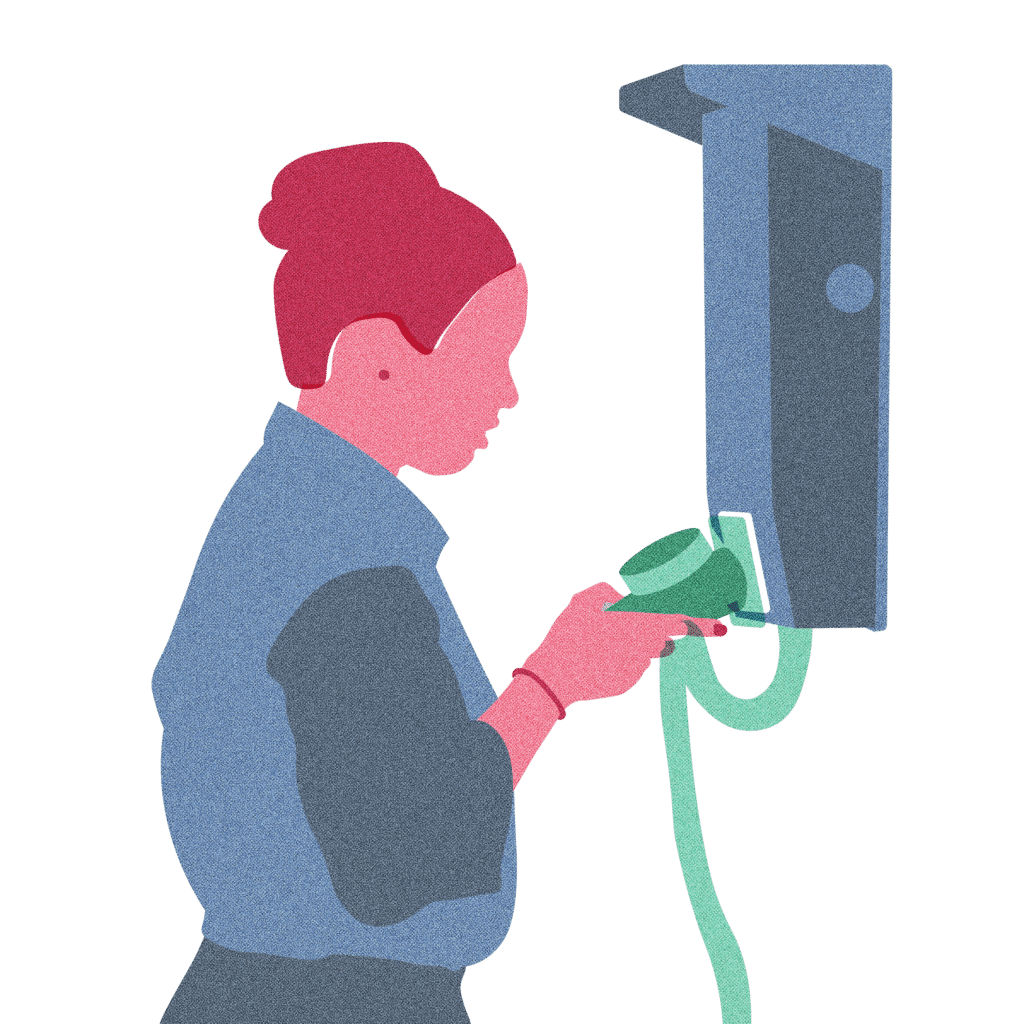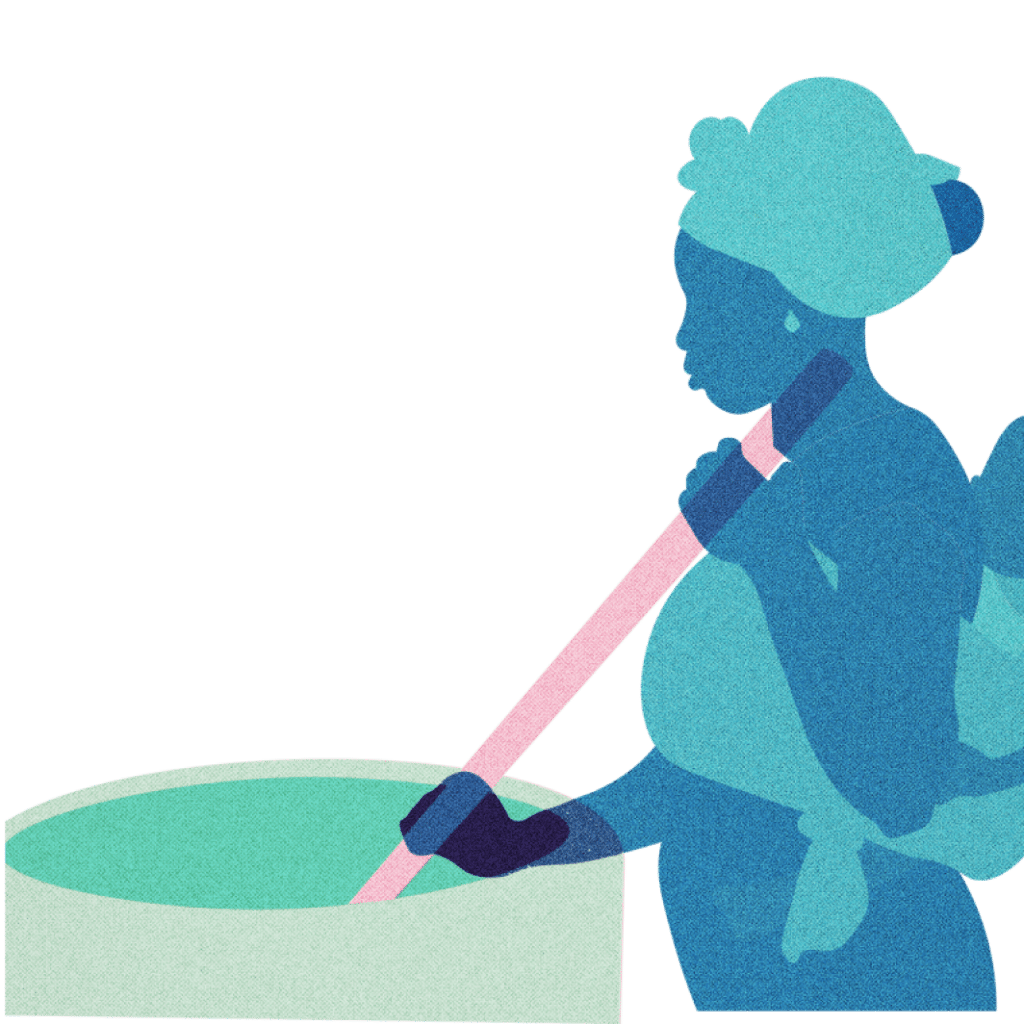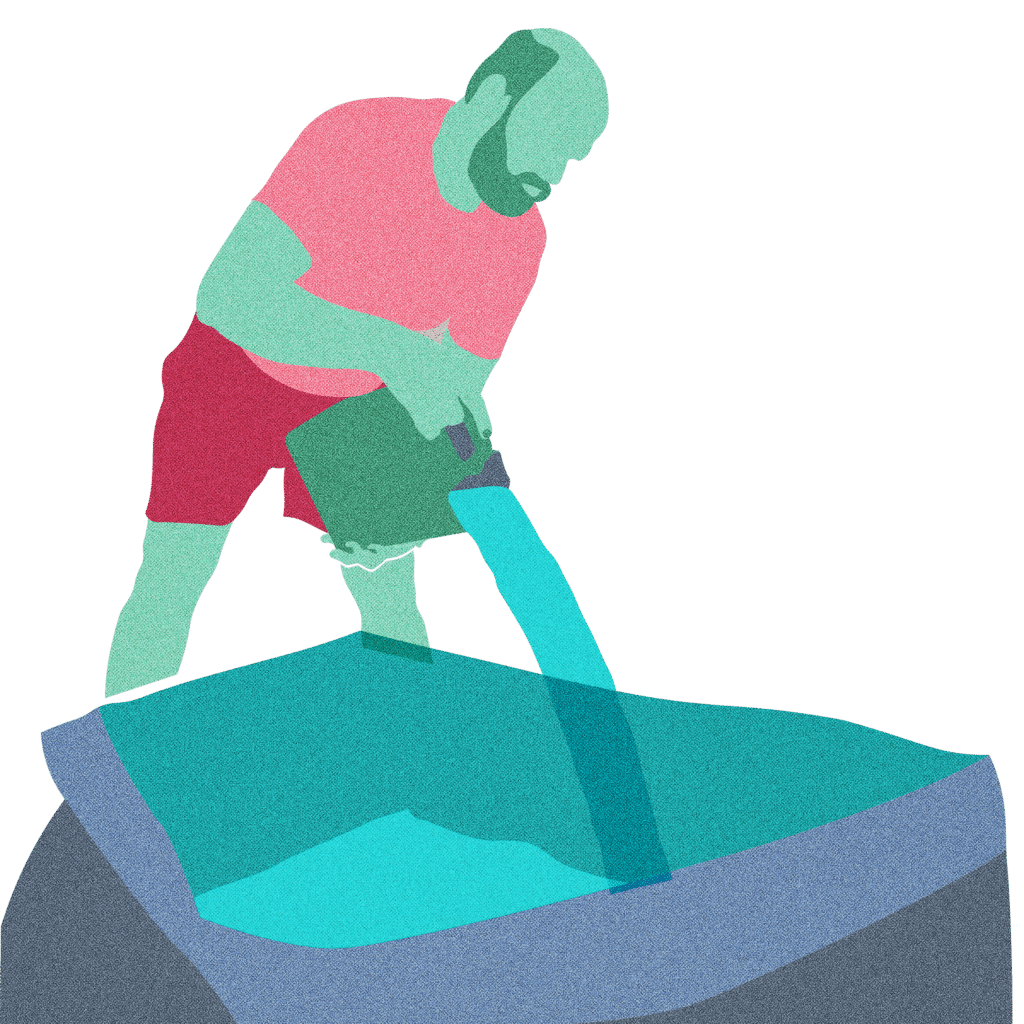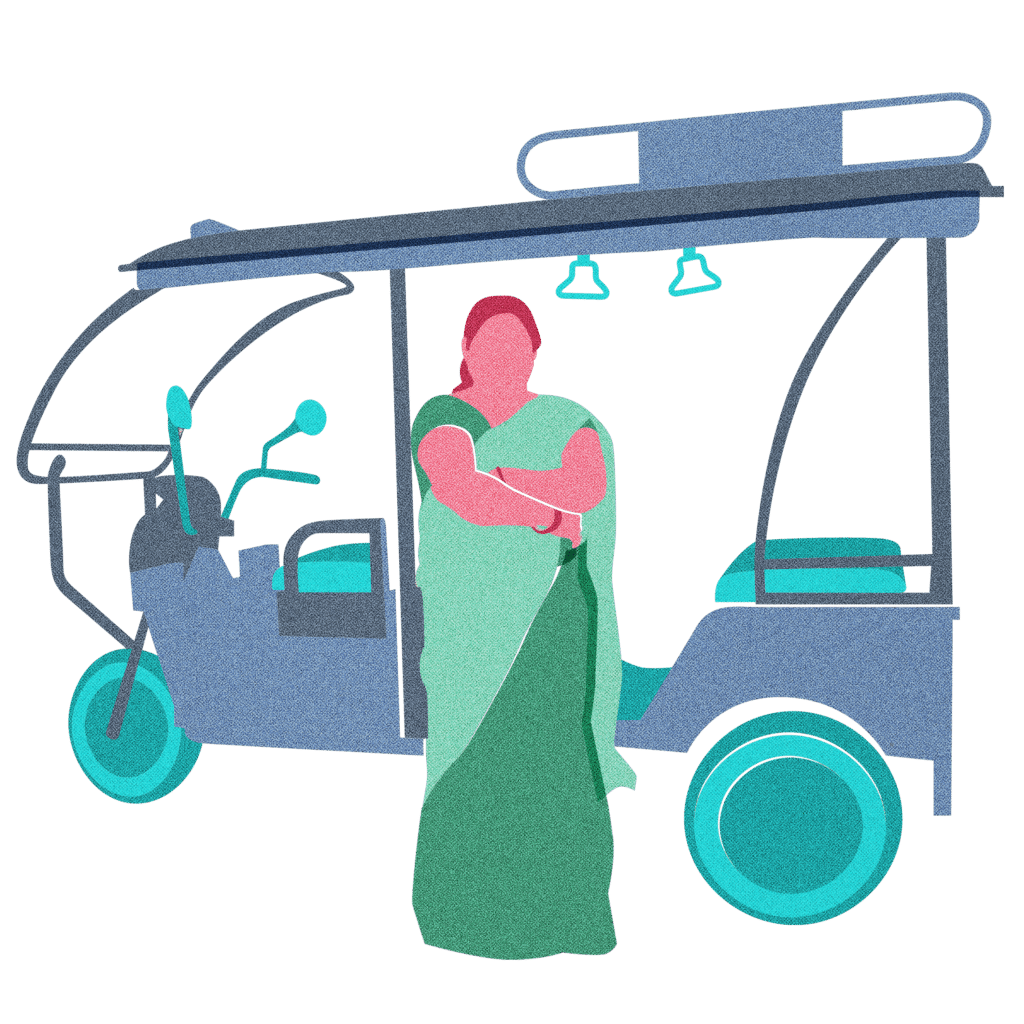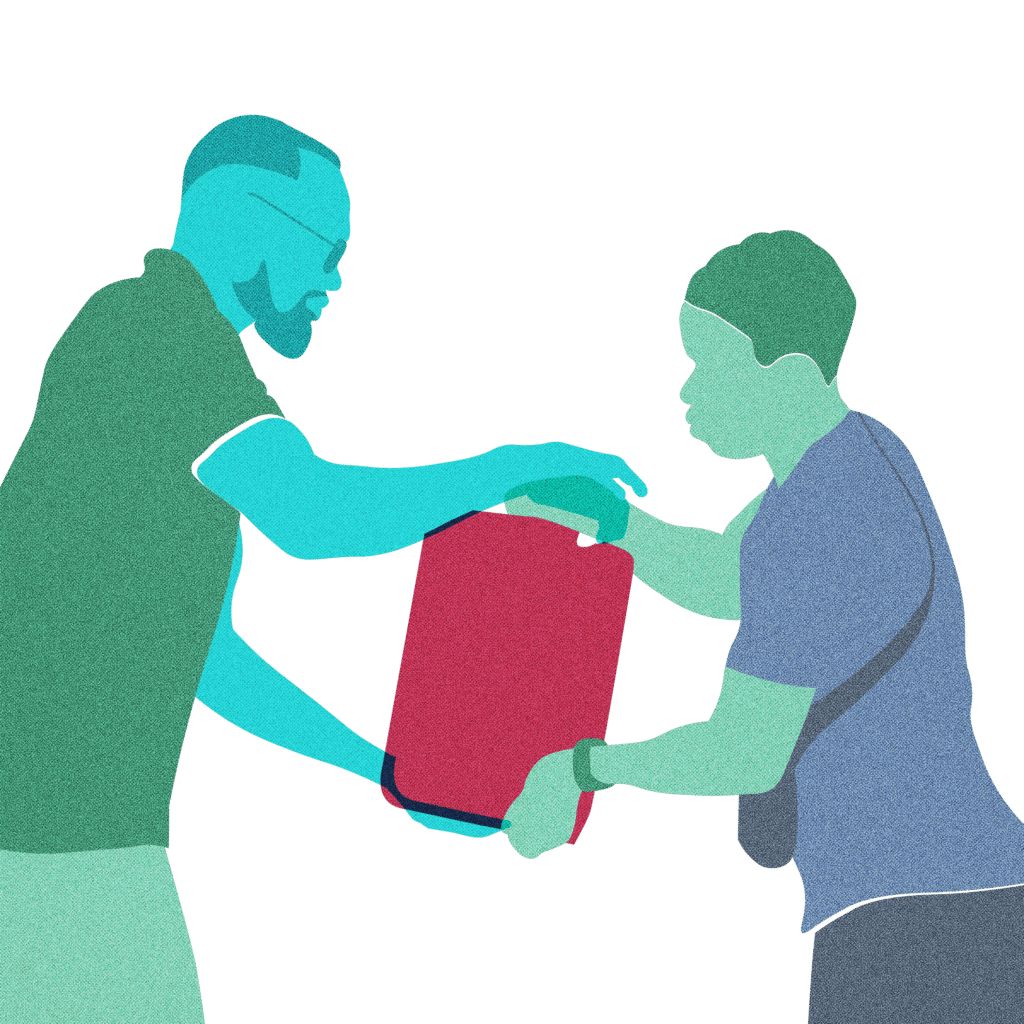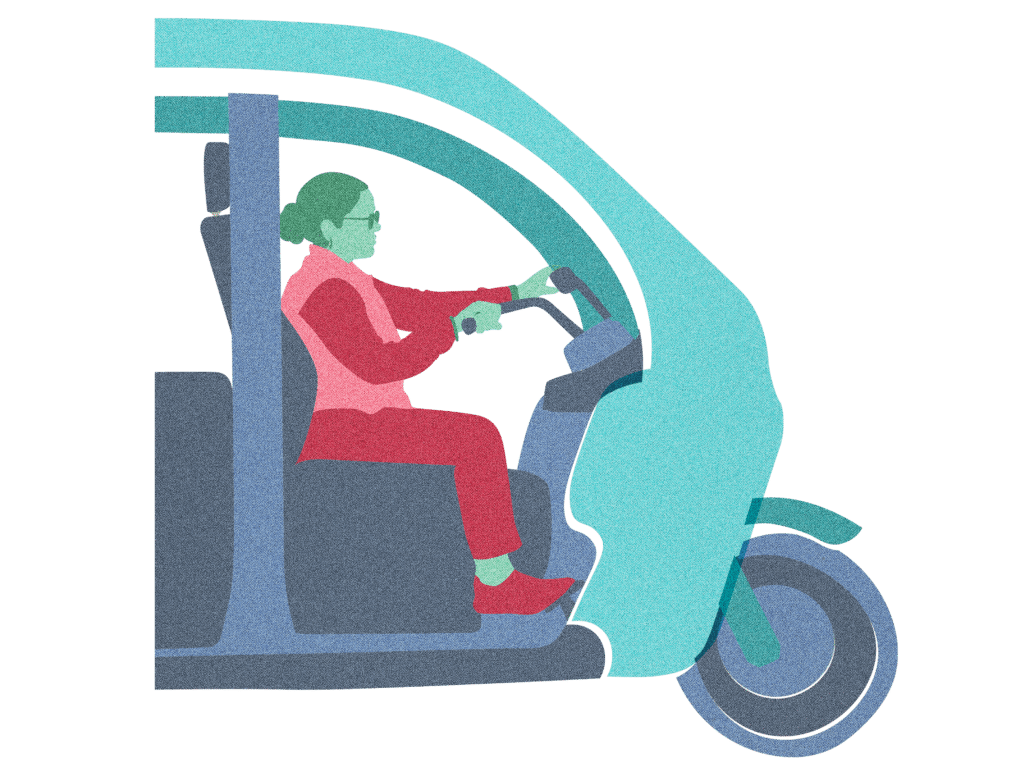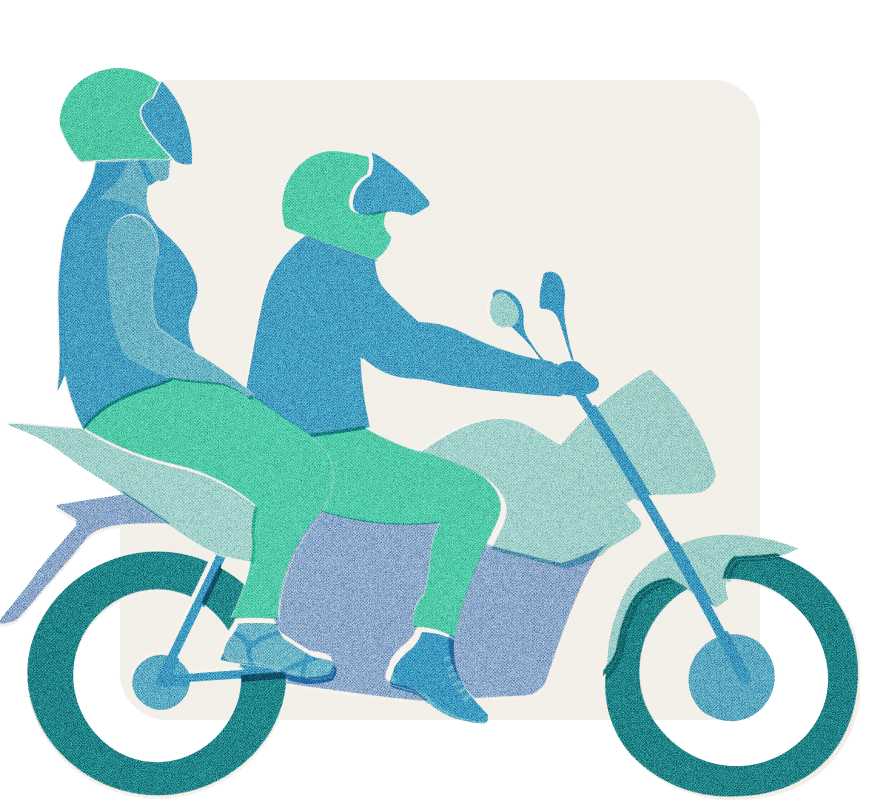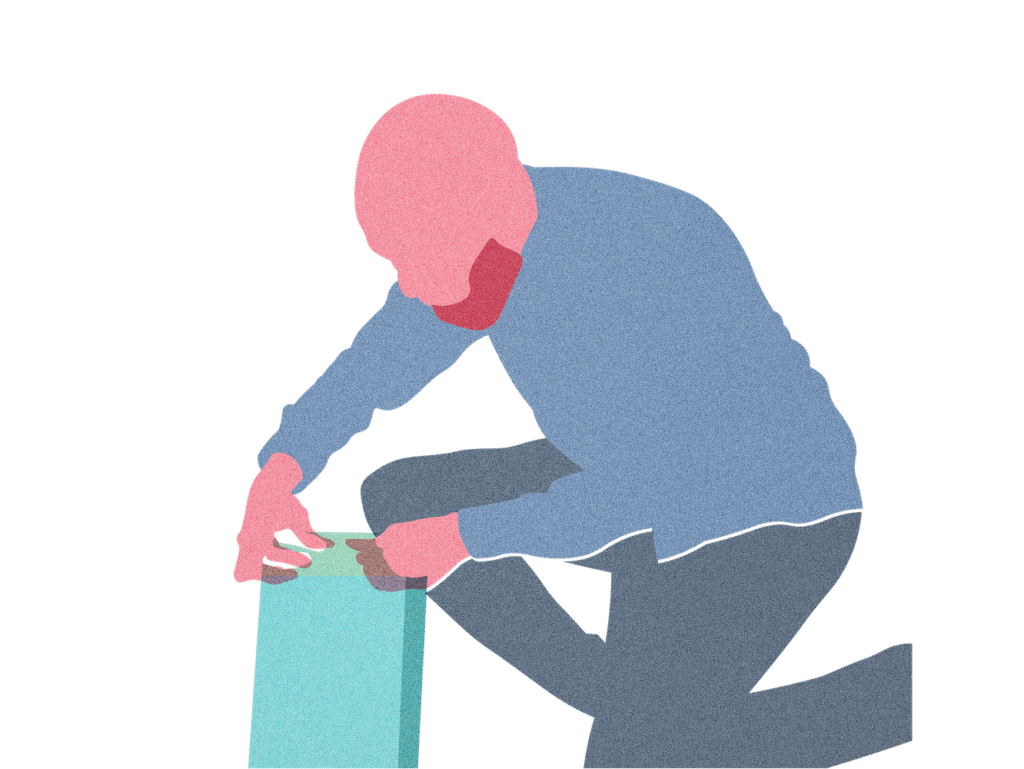Understanding the Impact of Electric Pressure Cookers in East Africa
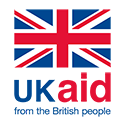
Shell Foundation commissioned analysis – co-funded with UK Aid from the UK government – to understand if and how electric pressure cookers (EPCs) could help to reduce the burden on women in Kenya, Tanzania and Uganda, freeing up their time to pursue more fruitful activities in order that they might achieve their full potential.
The analysis was implemented by Gamos under the Modern Energy Cooking Services (MECS) programme – an 8-year UK Aid-funded programme to help households, businesses, and institutions who cook with biomass transition to modern energy. The analysis was carried out using EPCs produced by Burn, who design, produce and distribute, fuel-efficient biomass, electric, hybrid and liquid fuel cooking appliances and who are supported by SF through the Transforming Inclusive Energy markets (TIME) partnership with the UK government.
Data was collected from households in Uganda, Tanzania and Kenya and the findings showed that there were considerable cost and time savings for households that acquired an EPC, in particular for those using charcoal as their primary fuel. In fact, cooking time was reduced by half compared to using charcoal cookers and in Kenya savings of around $10 a month were made on household energy bills.
Shell Foundation aims to enable 60m people to earn a living income with clean energy by 2032. Within this vision we are committed to impacting as many women as men and delivering direct impact in the form of income lift or time savings as opposed to being counted as indirect beneficiaries.





